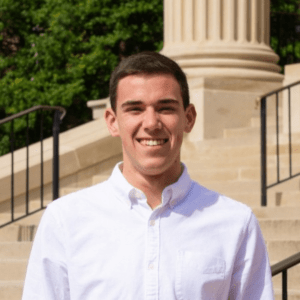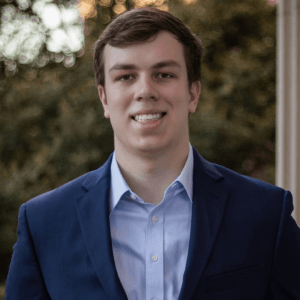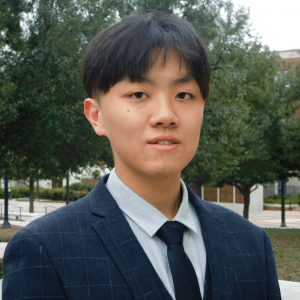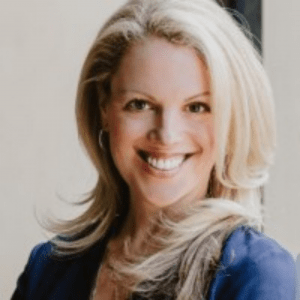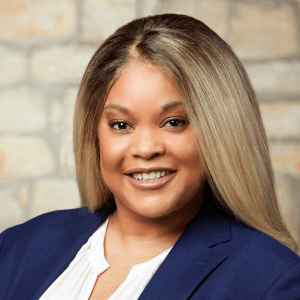In the summer of 2020, Harshada Pednekar, at the time pursuing a master’s degree in Environmental Engineering at SMU’s Lyle School of Engineering, was approached by the Institute’s Executive Director, Dr. Eva Csaky, to work on waste to energy research. Amidst the pandemic, Harshada joined the team remotely and immediately hit the ground running on her research, despite the challenges of getting acclimated to a new role without being in-person.
Harshada is passionate about the environment and achieving sustainable business practices while being mindful of the triple bottom line: people, planet, and profit. She had a professional career in India, most notably working as a Design Engineer at Indo-French company Mailhem-Ikos Environment Pvt. Ltd. where she designed portable biogas plants and bio-methanation (UASB Reactor) plants, with capacity ranging from 1000 kg to 100 TPD of municipal solid waste. After graduation, Harshada began work at AECOM in Greenville, South Carolina as a Civil Engineer.
Research on this report went well beyond desk research, as Harshada also examined industry best practices and gained insight from experts in the field. We were fortunate to have excellent industry advisors from the Terra Group at Toyota Motor North America, Inc.; Matthew Sheldon, Hunt Institute Social Intrapreneur; Jason S Sekhon, Fuel Cell and Hydrogen SME; Mark Hitchock, Zero waste, recycling, and the City of Plano Liaison; and Kelli Gregory, NTCOG liaison, clean energy mobility. Faculty advisors included Dr. Eva Csaky, Hunt Institute Executive Director, and Mohammad Khodayar, Ph.D., Associate Professor in the Department of Electrical and Computer Engineering at Lyle School of Engineering.
Harshada completed her report shortly before graduating, and the final report is titled Waste to Energy: Harnessing the fuel in organic waste to create a business opportunity for a recycling-based society and system.
Included in the report is a quote from President of Toyota Motor Corporation Akio Toyoda, who said, “I believe that our mission is to provide goods and services that make people throughout the world happy, or, in other words to “mass produce” happiness…I view this as also being a part of earnestly engaging in the sustainable development goals.”
The summary states that to generate a feasible amount of methane to support a digester, it is estimated that 10 to 12 tons/d, with 8-10% contamination and 80% of the contamination being bioplastics, can produce about 70 Nm3/h of biogas. This is the amount of biogas needed to produce 200 kg/day of hydrogen, which is the smallest commercially available packaged system. The greenhouse gas emission (GHG) for IngeoTM is currently 1.3 kg CO2 eq./kg polymer compared to approx. 3.2 kg CO2 eq./kg polymer for PET. Therefore, implementing anaerobic digestion for PLA can reduce around 942.5 kg – 1132 kg per day of CO2 equivalent emissions.
A total of 1 ton per day of undigested bioplastic with 30% of total solids will be sent to landfills; 3 tons per day of dewatered digestate cake can be utilized for composting, and Class A fertilizer can be produced. The research on anaerobic degradation of biopolymers is still in its infancy. Therefore, this report has discussed different pre-treatment alternatives to treat PLA such as physical, chemical, and thermal treatments. The findings suggests on-site segregation benefits of the current solid waste management scenario in the commercial sector of Plano, Texas. This report consists of a description of existing scenarios and possible pre-treatment alternatives for bioplastic degradation generated from the commercial sector in hopes of finding a solution good for people, our planet, and that can be a viable and profitable solution for a city like Plano, Texas.
To read more about the Hunt Institute’s work to develop future-focused solutions to some of the world’s biggest problems, please click here. For the latest news on the Hunt Institute, follow our social media accounts on LinkedIn, Facebook, and Instagram. We invite you to listen to our Podcast called Sages & Seekers. If you are considering engaging with the institute, you can donate, or sign-up for our newsletter by emailing huntinstitute@smu.edu.

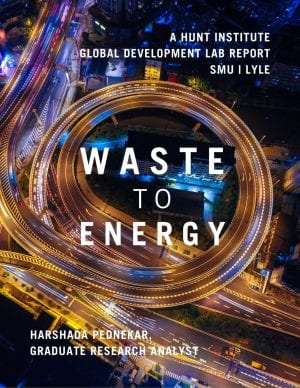





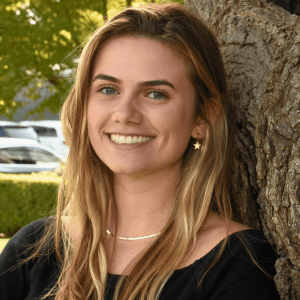
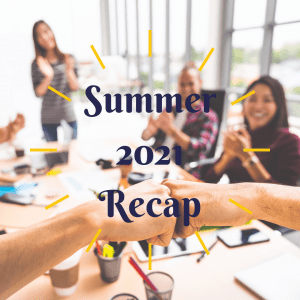
 On this episode of the Hunt Institute’s Sages & Seekers Podcast,
On this episode of the Hunt Institute’s Sages & Seekers Podcast, 
